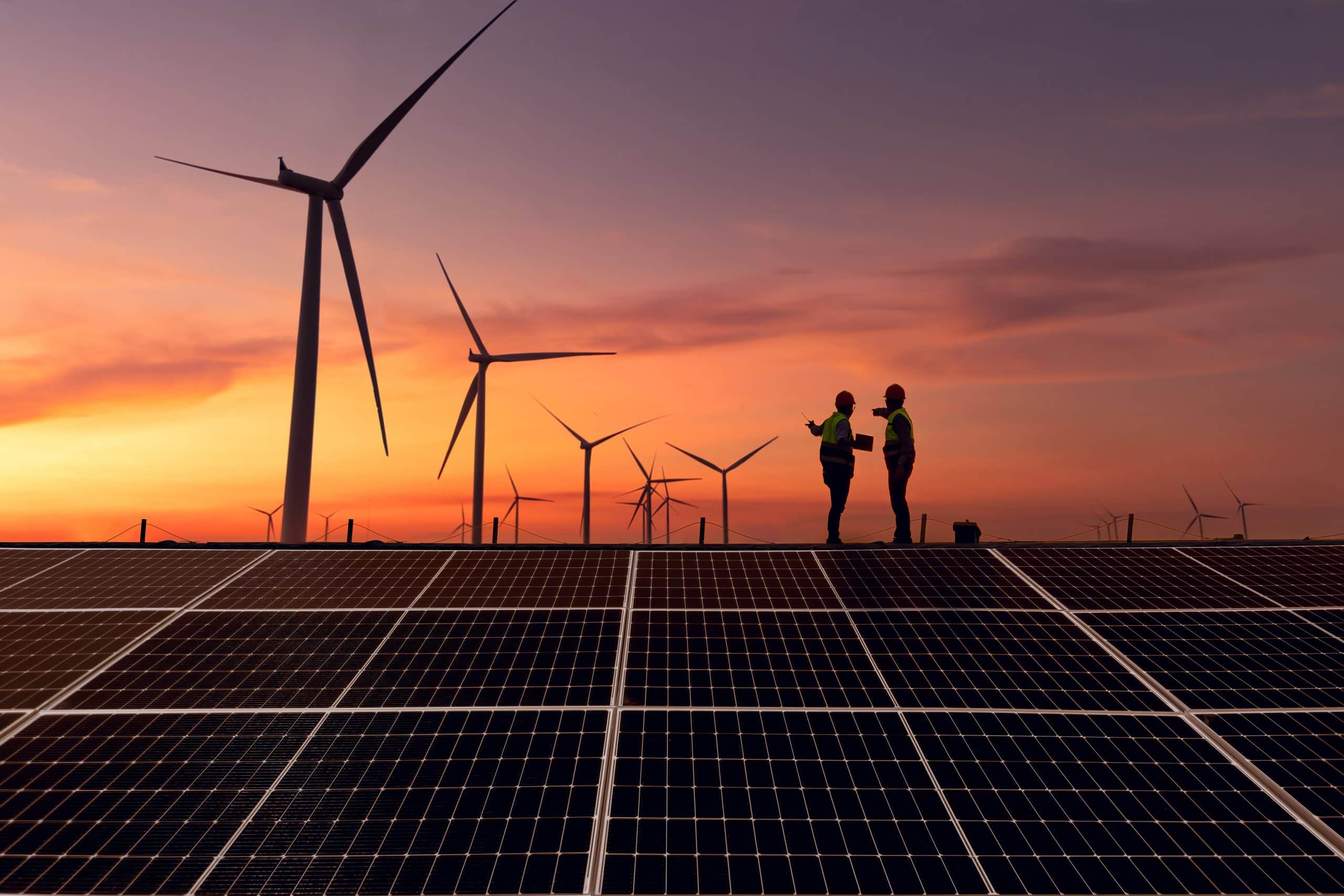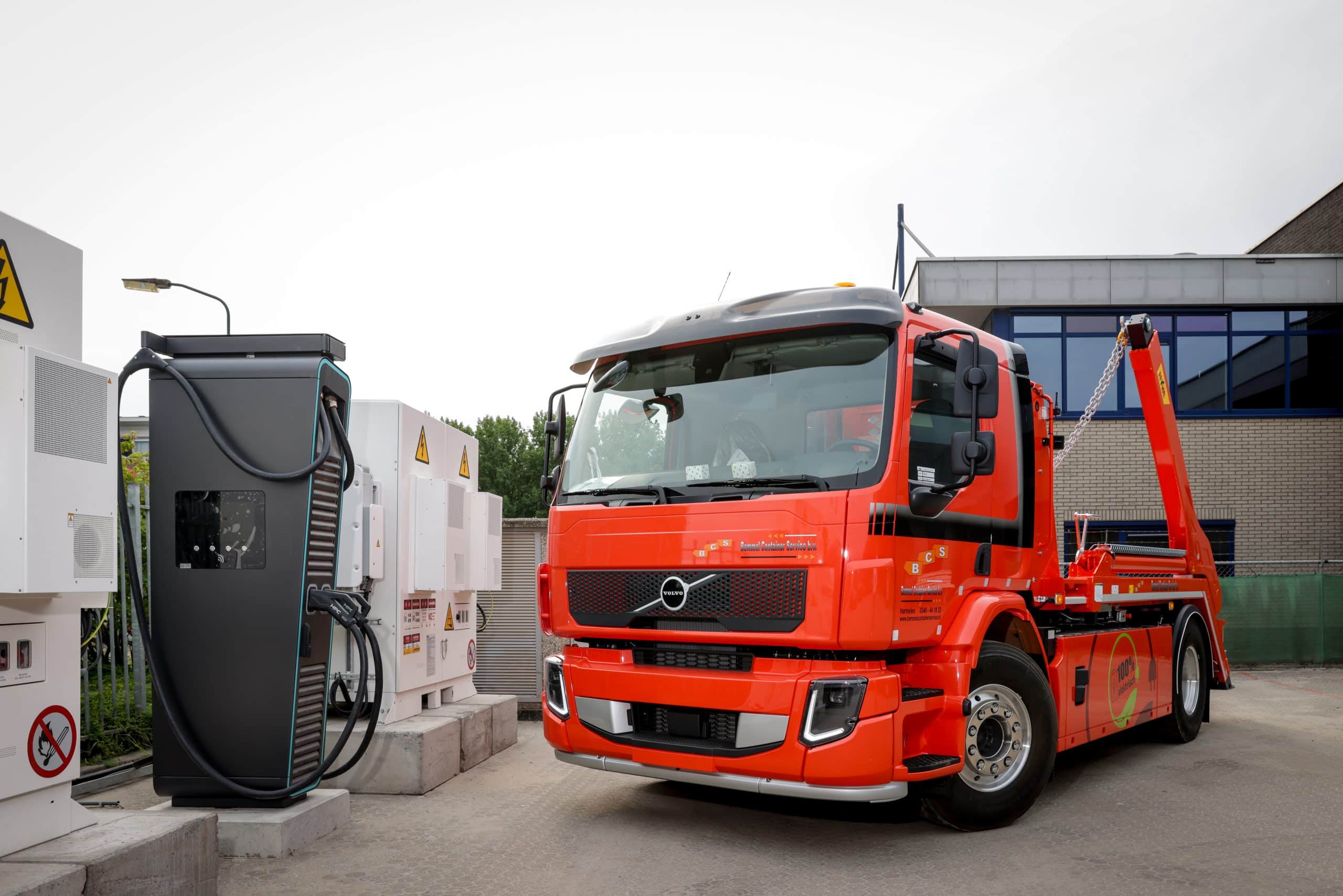The budget for subsidy scheme SDE++ 2024 has been increased to €11.5 billion. The scheme opens 10 September and allocates extra money for solar panels on weak roofs and nature-inclusive solar parks for the first time.
The now outgoing minister Jetten reported only last May that by 2024, through the Stimulation of Sustainable Energy Production and Climate Transition (SDE++), there will be 8 billion euros would be available. The fact that extra money will be available has to do with high energy prices. This is because the SDE++ only subsidises the unprofitable top - the difference between market revenues and costs - which means that the expected expenditure is relatively low. According to Jetten, this makes it possible to further increase the opening budget within the current cash budget.
Weak roofs
PBL has advised Jetten on a number of new categories. The outgoing minister plans to newly add the categories solar PV with small roof adaptation and nature-inclusive solar PV on field to the SDE++ 2024.
For weak roofs, the PBL 3 categories worked through: strengthening the roof structure, distinguishing between a small required roof modification and a large required roof modification, and using lightweight solar panels. Based on the advice, Jetten plans to open up the solar PV category with minor roof modification in the SDE++. 'This category allows the greatest potential of weak roofs to be exploited in the most cost-effective way, with a potential electricity production of at least 25 terawatt hours per year,' Jetten said. 'This particularly concerns the roofs of agricultural outbuildings. Farmers, who can play an important role in the energy transition, will thus have more opportunities to contribute to this.'
Lightweight solar panels
The category solar PV with large roof adaptations the outgoing minister is not opening up because PBL estimates the potential at only 2 terawatt hours and, according to Jetten, it would be very complicated in terms of implementation and potentially susceptible to fraud. 'I am also not opening up the category for lightweight solar panels. This category could unlock the potential on all weak roofs, but the additional cost is very high: ten times the cost of the small roof retrofit category. The limited additional unlocked potential of 2 terawatt hours does not outweigh this expenditure at this time.'
Jetten stressed that the aim of the SDE++ is to cost-effectively reduce CO2 reduce. 'The high cost of including a category for lightweight solar panels, even though it may stimulate innovation and solar PV production within the Netherlands and Europe, cannot be justified from this purpose. However, I do want to enable projects for lightweight PV panels to submit in the category with small roof adaptation, so that they can be reimbursed for a small part of their additional costs.'
Nature-inclusive solar parks
Within the SDE++ 2024, additional subsidies will be granted to nature-inclusive solar parks for the first time. Indeed, Jetten had promised municipalities that have nature-inclusive requirements for solar parks in local permits and policy frameworks to include a surcharge for solar-on-land in the SDE++ to cover the cost of these measures.
However, the outgoing minister reports that he cannot yet determine whether the majority of municipalities have included these texts or similar requirements. Therefore, he cannot yet include a mark-up for the cost of nature-inclusive measures in the base amount for solar-on-land. Given the importance of nature-inclusiveness in the energy transition, he wants to accommodate those municipalities that have been progressive and have already included such requirements. 'Therefore, in addition to the existing solar-on-land categories, I intend to open up categories for nature-inclusive solar-on-land. Eligible for this will be projects that are demonstrably required to take nature-inclusive measures because requirements for this are included in the permit or policy frameworks. Inclusion of this category is still subject to implementation and legal elaboration.'
Jetten stressed that only in the SDE++ 2024 for solar-on-land will there still be categories without nature-inclusive measures. This is to allow projects that already have permits to go ahead. In municipalities that have not yet included nature-inclusive requirements in their policy frameworks after 2024, the SDE++ will therefore not allow the construction of solar parks on land.
Higher fences
The trellises introduced by Jetten last year for the Low-Temperature Heat, High-Temperature Heat and Molecules domains will remain in place in 2024. Based on an evaluation, the outgoing minister reported that the fences have a limited negative impact on the cost-effectiveness of the subsidy scheme. 'The fences additionally ensure that in the domains without a fence - renewable electricity and ccs/ccu - solar PV and ccu projects in particular will fall by the wayside,' Jetten said.
For the 2024 SDE++ round, higher trellises of EUR 1 billion are set for the 3 domains. Inside - and outside - the fences, the competitive principle will continue to apply, with cost-effective projects being considered earlier.
Jetten said: 'By reserving more budget for techniques in these areas, the development of the various energy chains from the National Energy System Plan, which are all important for the energy transition, will be steered in a more balanced way. After the 2024 opening round, the outcomes will be re-evaluated, assessing the impact of the trellises based on both the 2023 decisions issued and the 2024 applications. This evaluation, to be carried out in autumn 2024, will thus provide a more accurate picture of the impact of the fences than the evaluation carried out now.'
5 stages
The opening round has five phases, during which the maximum subsidy increases. Projects with a lower subsidy per tonne of CO2 can thus submit earlier and thus be addressed earlier.
| Opening round SDE++ 2024 | Phase limits |
| 10 September 9 a.m. - 16 September 5 p.m. | 75 euros per tonne of CO2 |
| 16 September 5pm - 23 September 5pm | 150 euros per tonne of CO2 |
| 23 September 5 p.m. - 30 September 5 p.m. | 225 euros per tonne of CO2 |
| 30 September 17:00 - 7 October 17:00 | 300 euros per tonne of CO2 |
| 7 October 17:00 - 10 October 17:00 | 400 euros per tonne of CO2 |



